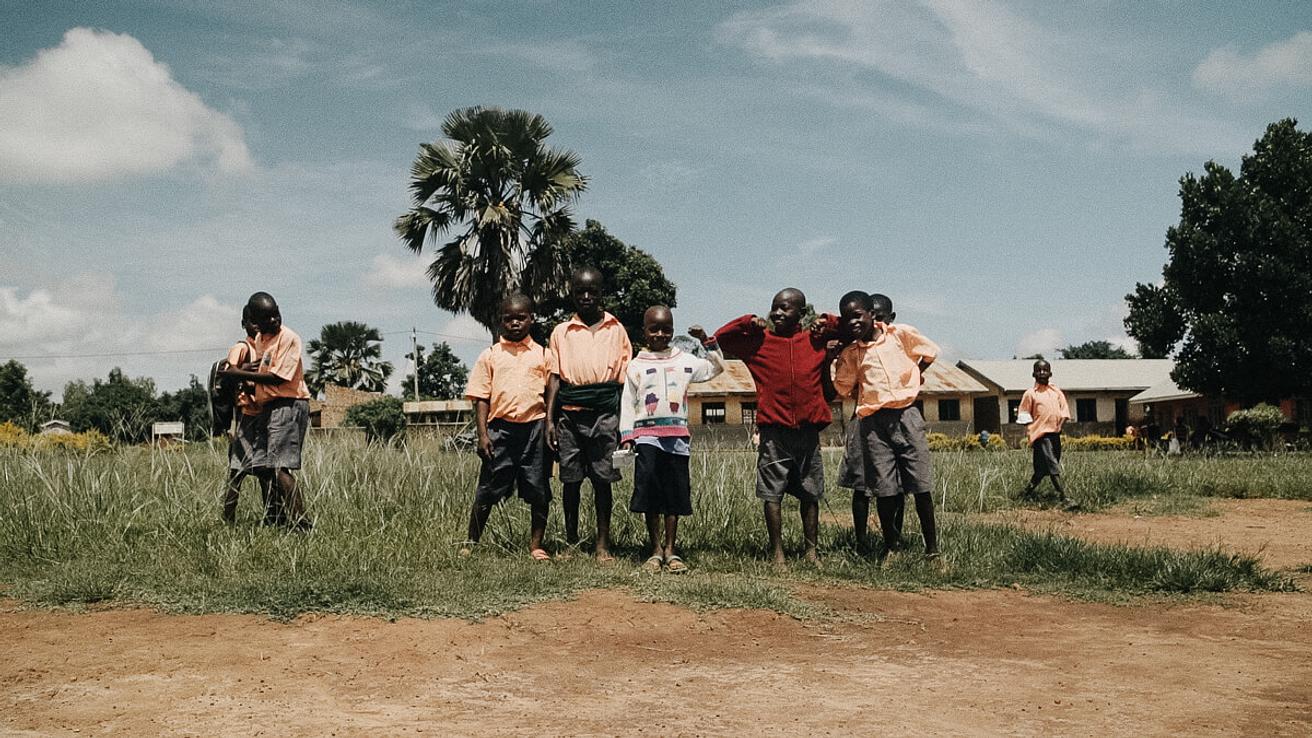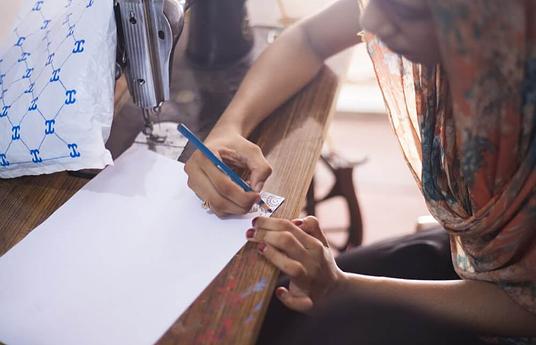When schools around the world were forced to close their doors in March 2020, for many students, learning stopped. It is a sobering realization that our education systems globally are vulnerable to shocks like the coronavirus pandemic and that while we often repeat the adage: “learning can happen, everywhere”, it remains almost completely dependent on the in-person interaction of students and teachers within the traditional school structures.
When we question the resilience of our education system, it is worth also considering the many limitations prior to the current crisis - as we were unable to accommodate 263 million out of school children and youth. The traditional model of schooling that we have accepted and perpetuated does not account for the unique barriers, nor does it fit the contexts of many of our youth and children. Over the past several years, the world faced a wave of crises that have interrupted education and further slowed down the progress made towards achieving SDG4. However, the pandemic forced the entire world to react to reduce the impact of these disruptions. In response, governments, and organizations around the world explored and implemented solutions to ensure that education continues.
Education Above All (EAA) acts as an umbrella organisation for several programmes, which specialise in providing educational opportunities to communities stricken by poverty or crisis. The foundation began operating in 2013, as a centralised home for stand-alone programmes Educate A Child (operating since 2012), Al Fakhoora and Protect Education in Insecurity and Conflict (both operating since 2009).
Education Above All Foundation's mission is to measurably improve access to high-quality education for vulnerable and marginalised people in developing countries, as an enabler of broader human development. Through its specialised programmes, Education Above All Foundation:
- Implements with partners, and executes proven and innovative interventions in education
- Protects the right to education in circumstances where it is under threat
- Advocates to draw international attention to some of the critical global education issues
- Collaborates with leading global organisations to help resolve selective issues adjunct to education.
Our priority at the Education Above All Foundation (EAA) has been to find ways to ensure the continuity of learning for all children, especially those in underserved and marginalized communities. Those that can access online-learning have quickly adapted to distance-learning solutions, but for the majority of global households on the other side of the digital divide, we are rapidly designing new stopgap learning solutions. The majority of students worldwide have been left without distance-learning infrastructure and relevant and recognized digital content. As a result, we have had to think deeply about designing multiple distance learning and community-based learning solutions that can help these children continue their education by harnessing the power of resources – both human and material – that already exist in their lives.
EAA has designed the Internet Free Education Resource Bank (IFERB) and the Activity Bank for Disabilities (ABD) – both these banks contain project and activity-based resources that are designed for technology-free and low resource homes, where students have to lead their own learning. This pandemic has also been an opportunity for EAA to strategize with empathy as we targeted organizations whose beneficiaries’ education have been adversely impacted not just by COVID-19, but also by the circumstances that have rendered them unable to succeed academically, not least of which is the lack of parental support. In our effort to identify organizations that have designed effective solutions to these challenges, we discovered that the COVID-19 pandemic-related school closure was just one incident in a long series of unfortunate events that disrupt the education of many learners. We became more acutely aware of the need for a variety of learning ecosystems that are custom-built for the different circumstances and contexts. With this in mind, we began profiling innovative organizations and alternative learning systems – – all of which were already deeply ingrained into the communities of the learners, designed for their unique contexts and developed to be sustained.
The Beyond School Walls: Inspiration from Disruption Report features 11 case studies of such organizations and initiatives where learning happens in the most marginalized communities regardless of their technological readiness. The report aims to spark inspiration and share the operational details of these initiatives for the benefit of other organizations struggling to understand this area or attempting to develop similar programs targeting learners in challenging contexts. Acknowledging the many spectrums of digital, parental and teacher readiness, stages of learning, content availability, and costs – we have designed a categorization model that is intended to guide the reader to the program most applicable in their context.
We anticipate that organizations working in places of continued school-closures and partial openings find these ideas and practices adaptable to ensure that learning continues. We also sincerely hope that we become intentional about introducing some of these alternate learning models to build a more inclusive, resilient, and community-based model of learning.
Join us on Tuesday, September 15th 10:00 UTC for a special join webinar in which representatives from four of the organizations highlighted in the report will discuss their solutions and how they were able to overcome these disruptive barriers and provide quality education for the students they serve. You can register for the webinar here.




